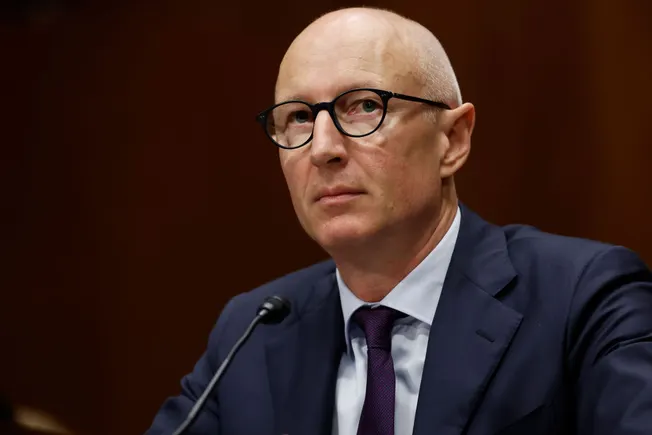When a CEO of a major pharmaceutical company resigns, it often marks a period of transformation for the company. Various reasons can lead to such changes in leadership, including patent expirations, evolving competitive landscapes, or financial challenges. In recent years, the pharmaceutical industry has witnessed CEO turnover as companies navigate through these complex issues.
Novo Nordisk made headlines last week with the announcement of CEO Lars Fruergaard Jørgensen’s departure. The Danish drugmaker, known for its success with diabetes and weight loss medications, Ozempic and Wegovy, is now on the search for a new leader. Despite Jørgensen’s success, Novo Nordisk faced market challenges and a decline in its share price, leading to his unexpected exit.
Similarly, other top pharmaceutical companies have experienced CEO changes in recent years, each accompanied by significant shifts within the company. Johnson & Johnson saw Alex Gorsky step down in 2022, passing the reins to Joaquin Duato amidst major transformations, including a consumer health unit spinoff and upcoming patent expirations. Duato’s leadership has focused on sales growth and strategic acquisitions to keep the company’s momentum going.
AbbVie also underwent a CEO transition in 2021, with Richard Gonzalez making way for Rob Michael. The company, known for its blockbuster drug Humira, faced challenges with biosimilar competition but continued to thrive with new immunological treatments like Rinvoq and Skyrizi. Michael has continued to build on Gonzalez’s legacy through innovation and expansion.
Merck & Co. experienced a change in leadership in 2021 when Kenneth Frazier retired, leaving Rob Davis to lead the company. Frazier’s tenure was marked by the success of the cancer drug Keytruda, which accounted for a significant portion of Merck’s sales. As Keytruda nears its patent expiration in 2028, Davis is focusing on new developments and strategic partnerships to drive growth post-Keytruda era.
Overall, these CEO transitions highlight the dynamic nature of the pharmaceutical industry and the importance of strong leadership in navigating challenges and driving innovation. As these companies adapt to changing market dynamics, the role of the CEO remains crucial in shaping their future success.


